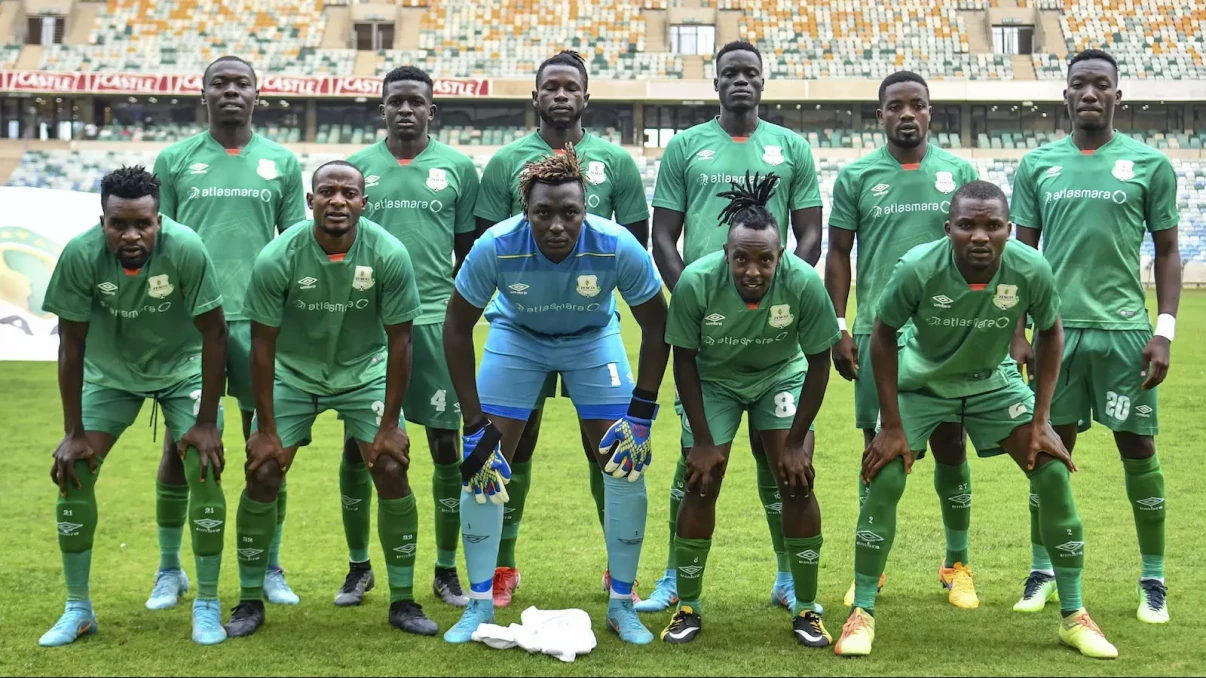Zambia is the latest country to have been influenced by the PSL as they look at establishing an independent professional football league that will not be operating under FAZ.
The Premier Soccer League (PSL) has always played an influential role in Africa and most importantly in the Sub-Saharan African region, and Football Association of Zambia’s Deputy Secretary General Joseph Chimpapwe told SABC Sport that, as of earlier next year, they are amending the footballing structures in their country
The separation of powers between professional football and amateur in the country has allowed the PSL to thrive commercially, especially after the league was rebranded from the National Soccer League to PSL in the 1996/97 season.
The Zambian Super League has been operating from the FAZ offices in the past few years and have shown signs of promise, but struggled to progress commercially, and Chimpapwe says that is all about to change.
“We are starting the Zambian Premier League. We had it before – a long time ago, but because of differences, the government came in and just reverted to having just FAZ,” Chimpapwe told SABC Sport.
“But now FAZ has taken a two-pronged approach – we want the association to concentrate on development, while the Zambian Premier League on professionalised leagues in order to commercialise.”
The SA model has always been hailed as the viable option on the African continent and it doesn't come as little surprise seeing the Zambians taking this direction.
“Life is about learning and re-learning and it’s about best practice. We’ve seen what’s happening in South Africa, what’s happening in Tanzania, and even in the English Premier League, worldwide, so we have to tow the line with what other countries are doing,” he added.
Chimpapwe, who has been tipped as the CEO of the new Zambian Premier League, hinted that they are already working towards ensuring synergy between the mother body and the professional body to avoid issues of players not being released for national duty by clubs – as is sometimes the case in the PSL.
“In our situation, we are only going with management rights so that the association still has powers, but that's not to say we expect any antagonism.
“Ultimately, the end in mind is the national team, because it draws players from the league. So, if you stifle that supply, what is going to be our benefit? We are partners in this project,” he concluded.





